Overview and History
The first Mental Health Court was started by Judge Ginger Lerner-Wren in 1997 in Broward County, Florida. The court runs a specialized diversionary program that addresses the complex case management required by mentally ill offenders. Eligibility for the court includes an arrest for a nonviolent misdemeanor by a person with psychiatric disorders. Judge Stephanie L. Rhoades started the Anchorage Mental Health Court the same year and has similar criteria. Some Mental Health Courts throughout the U.S. focus on felony offenses such as the Dougherty County Mental Health Court in Albany, Georgia. That Court’s clinical entry criteria are a diagnosis of both a serious and persistent mental illnesses and co-occurring substance use disorder.
As of June 2016, there are over 390 adult Mental Health Courts in the U.S. and at least one outside the U.S. in Adelaide, South Australia. So far, there are only a handful of Juvenile Mental Health Courts such as those in Santa Clara and Alameda Counties, California.
A Collaborative Model Based on Drug Treatment Courts
Mental Health Courts use the Drug Treatment Court model requiring a team that works collaboratively and has frequent judicial monitoring. The team should receive special training in Mental Health issues including intellectual disabilities and becomes familiar with both federal and local resources for participants. As a participant stabilizes and their medication is being monitored, their social functioning improves and, with the help of social workers, they become able to take advantage of the resources available to them.
Evaluations of Mental Health Courts show a reduction in recidivism overall for participants and that when they do recidivate, it is for drug crimes rather than violent, property or other crimes. (See the evaluation website below).
Funding
The Bureau of Justice Assistance (BJA), in coordination with the Substance Abuse and Mental Health Services Administration (SAMHSA), administers the Federal Mental Health Courts Program. This is a funding stream for implementation of “innovative, collaborative efforts that bring systemwide (sic) improvements to the way the needs of adult offenders with mental disabilities or illnesses are addressed,” according to the Mental Health Courts BJA website.
Resources
Mental Health Court Curriculum Introduction
Mental Health Court Curriculum Description
